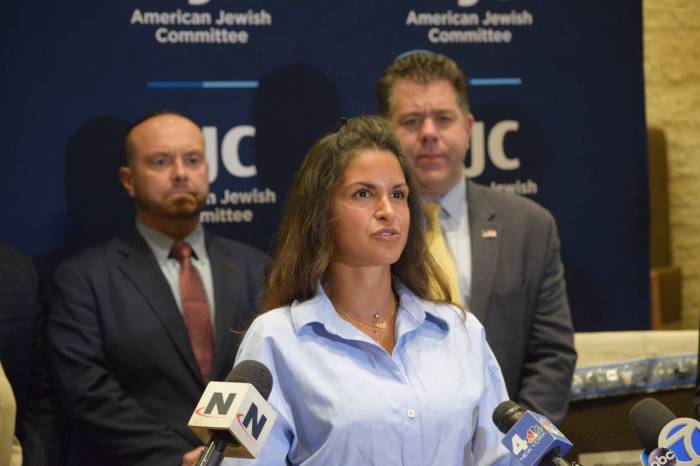When the sun rose on Oct. 7, 2023, Hamas’ al-Qassam Brigades launched a massive surprise attack on Israeli villages adjacent to the Gaza Strip. Using powered hand gliders and various vehicles to breach or fly over the border fence, they killed 364 Israeli young people attending a long-planned and well-publicized music festival.
The victims were tortured, raped, kidnapped or murdered. Counting those killed in the nearby villages, in total around 1,200 Israelis died that day. The attacks made history and rocked the world. More Jews were murdered on that single day than have been killed in any attack since the Holocaust.
Israel was surprised, its ferocious military, the IDF and legendary intelligence service the Mossad caught flat-footed. Hamas rockets were unleashed on metropolitan Israel, supplemented the next day by Hezbollah barrages from the north.
Israel was soon on the ropes. In the U.S. and around the world, countless pro-Palestinian protesters began disrupting colleges and city squares in support of Hamas and Hezbollah. It was the high-water mark of the Palestinian resistance against occupying Israel, and it lasted for several months last Spring.
The anti-Israel protests grew as Palestinians were killed by Israel’s counterattack – 10,000, 20,000, 30,000, 40,000, 45,000 dead civilians including women and children. Gaza was laid waste, hundreds of buildings destroyed. Lebanon also suffered wide-spread destruction as areas controlled by Hezbollah were flattened by Israeli attacks.
The Hamas, Hezbollah, Iran trio of terror had expected the mounting Gazan civilian casualties would eventually de-legitimize Israel. But facing mounting pressure from the United States to end the fighting, Israel had a secret weapon.
It was the war’s coup de main, a devasting Israeli attack that changed the course of all wars forever. In September 2024 booby trapped pagers and walkie talkies used by Hezbollah militants began suddenly to blow up, killing around 60, wounding and maiming thousands of others, decimating the group’s leadership and terrorizing every Hezbollah operative with a cell phone.
With Hezbollah crippled by the pager attacks, the group was essentially defeated when its leader Hassaan Nasrallah was later killed in an Israeli air strike that also killed Fatah Sharif, the Hamas leader based in Lebanon. In Gaza, Hamas leader Sinwar was killed two weeks later by an Israeli patrol.
Following an extraordinarily ineffective but still massive Iranian ballistic missile barrage against Israel, Iran was later stripped of its air defenses by repeated Israeli air attacks so precise Iran assumed the targeting of its command centers, air defenses and nuclear facilities was an inside job.
On the ropes, Hezbollah in Lebanon this week agreed to a ceasefire negotiated by President Joe Biden.
Gaza will be tougher because Hamas still holds Israeli hostages. Still, it is likely that a truce will be hammered out there as well.
With Hezbollah neutered and Hamas decapitated, it seems the end of this bloody chapter in Mideast history is near. The question I have for Palestinians and for specifically the ghosts of Yahya Sinwar, Hassan Nasrallah, Fatah Sharif and all the other leaders is whether this war was worth it.
































